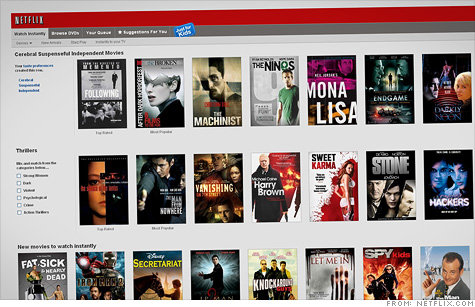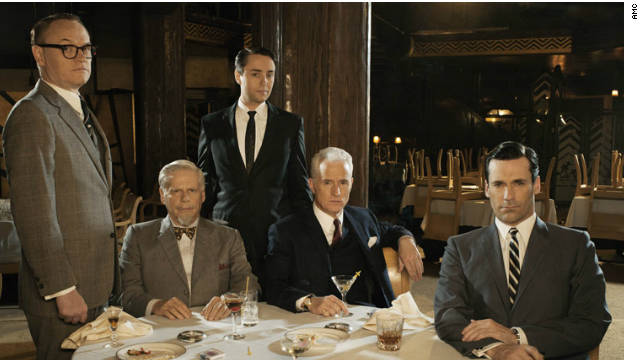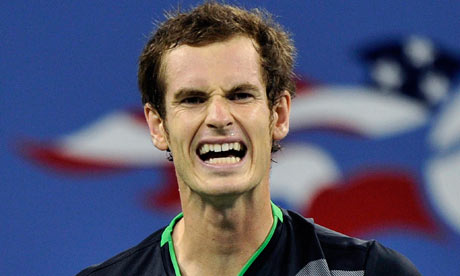If ever there was a populist blueprint for deficit reduction, this has got to be it.
Each year, millionaires are soaking the government, not illegally, for some $30 billion in benefits from tax giveaways and loan programs, according to a report by Sen. Tom Coburn of Oklahoma.
The Republican senator, a staunch fiscal hawk and equal opportunity scourge of government waste and abuse, released "Subsidies of the Rich and Famous" Monday to little fanfare, saying in an e-mailed statement, "This welfare for the well-off - costing billions of dollars a year - is being paid for with the taxes of the less fortunate, many who are working two jobs just to make ends meet, and IOUs to be paid off by future generations."
The eye-popping findings in the 36-page report include some eye-catching names, like former NBA star Scottie Pippen and billionaire media mogul Ted Turner, both of whom received farm subsidies courtesy of the U.S. taxpayer. Singer Jon Bon Jovi paid property taxes of only $100 last year on a plot of land he used to raise bees. Iconic crooner Bruce Springsteen also got in on the farm subsidy action, for property he leases to an organic farmer. And Millionaire composer-producer Quincy Jones is even singled out for receiving a $25,000 award from the federally-funded National Endowment for the Arts.
Coburn's investigation found that from 2003 to 2009, millionaires received over $316 million in farm program payments. In one four-year period alone, the senator's staff, reviewing tax returns found that fully 78 percent of recipients listed a city as their primary address, not exactly a location for a farm.
The U.S. Department of Agriculture regularly pays millionaires, the report found, to conserve land and protect endangered species, waving income caps for government subsidies in current law. In the past two years, Coburn's staff counted more than $89 million paid out, as a result of this waiver authority.
The report lists two examples: "A founder and former executive of an insurance company improperly received more than $300,000 in farm program payments in 2003, 2004, 2005, and 2006; and a part-owner of a professional sports franchise received total of more than $200,000 in farm program payments in 2003, 2004, 2005, and 2006."
"The government's social safety net, which has long existed to catch those who are down and help them get back up, is now being used as a hammock by some millionaires, some who are paying less taxes than average middle class families," Coburn said.
Parents are likely to be outraged when they read about millionaires taking advantage of a Department of Education low-interest loan program. Over the past four years, the average loan paid out through one program to wealthy families was $19,405. A total of more than $16 million went to rich students. Not only that, but those making more than $1 million in their adjusted gross income, from 2007 to 2009, according to the Coburn report, saved $18 million through childcare tax credits.
And perhaps one of the most egregious findings in the report, millionaires collecting home heating assistance from a program that is supposed to help the very poor. A nonpartisan General Accounting Office investigation found wealthy individuals collecting payments through the Low-Income Home Energy Assistance Program (LIHEAP) while living in million-dollar mansions in tony Potomac, Maryland and in the Chicago suburbs. According to the report, "GAO even identified one such person living in a home valued at $2 million, who also owned a Mercedes. That same individual won a multimillion dollar settlement in the mid-2000s, which was under appeal at the time of the report."
Taxpayers also subsidized the losses of gamblers to the tune of $20 billion over the past four years.
Coburn said his investigation, compiled using some previously-published government reports and news accounts, reveals the "sheer Washington stupidity with government policies pampering the wealthy costing taxpayers billions of dollars every year."
But to be clear, these individuals did nothing wrong, technically. The system is the system, and these individuals operated within it, not apart from it.
No doubt, these findings will be waived about by both sides of the aisle in the ongoing fight over deficit reduction, which has a bipartisan group on the brink of failure as it grapples to find at least $1.2 trillion in savings over 10 years. Republicans want tax code reform; Democrats want the rich to "pay their fair share." The report provides ammo to both sides.
"This is not an accidental loophole in the law. To the contrary, this reverse Robin Hood style of wealth redistribution is an intentional effort to get all Americans bought into a system where everyone appears to benefit," Coburn said. "We should never demonize those who are successful. Nor should we pamper them with unnecessary welfare to create an appearance everyone is benefiting from federal programs."

















